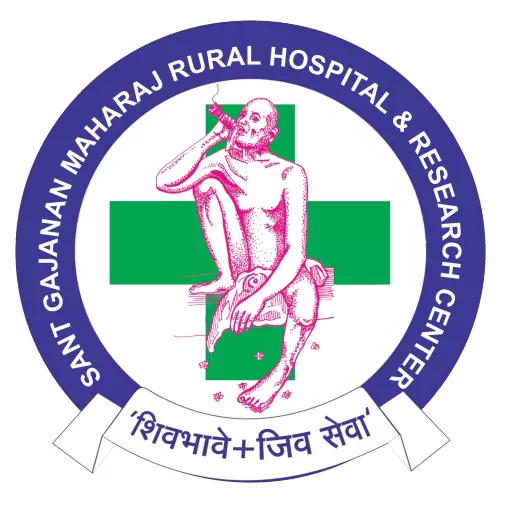Joint health is important for daily movement and comfort. Many people experience joint pain at some point in their lives. Sometimes, joint pain is mild and goes away on its own. However, there are times when you should not ignore it. Knowing when to see a doctor for joint pain can help you get the right care. In this guide, we will discuss joint pain symptoms, common causes, treatment options, and tips for joint health.
What is Joint Pain?
Joint pain means discomfort, soreness, or aches in one or more joints. Joints are where two bones meet, like your knees, elbows, or fingers. Often, joint pain can make it hard to move or do daily tasks. Sometimes, the pain is sharp. Other times, it feels dull or throbbing. Joint pain can last a short time or become a long-term problem.
Common Causes of Joint Pain
There are many reasons why joints may hurt. Some causes are simple, while others are more serious. For example, joint pain can result from:
Sometimes, joint pain comes from simple wear and tear. But, it can also be a sign of a health condition that needs treatment.
Symptoms That Should Not Be Ignored
While mild joint pain often gets better with rest, some symptoms mean you should see a doctor. Watch for these warning signs:
In addition, if you have joint pain with weight loss, night sweats, or fatigue, you should get checked by a doctor.
When to See a Doctor for Joint Pain
Knowing when to see a doctor for joint pain is key for joint health. You should make an appointment if:
Sometimes, joint pain may signal a serious problem, like an infection or arthritis. Early treatment can help prevent more damage.
Diagnosis and Treatment Options
Doctors use several steps to find the cause of joint pain. First, they will ask about your symptoms and health history. Next, they may check your joints and order tests, such as:
Treatment depends on the cause. Common options include:
For example, arthritis may need long-term care. Infections need quick treatment with antibiotics. Your doctor will help choose the best plan for you (CDC).
Tips for Maintaining Joint Health
Keeping your joints healthy can help prevent pain. Here are some simple tips:
In addition, stretching before activity can help protect your joints.
Prevention and Lifestyle Guidance
Preventing joint pain is possible with a few lifestyle changes. Try these steps:
Even small changes can make a big difference over time.
If you experience persistent or severe joint pain, consult a healthcare specialist for personalized advice.


